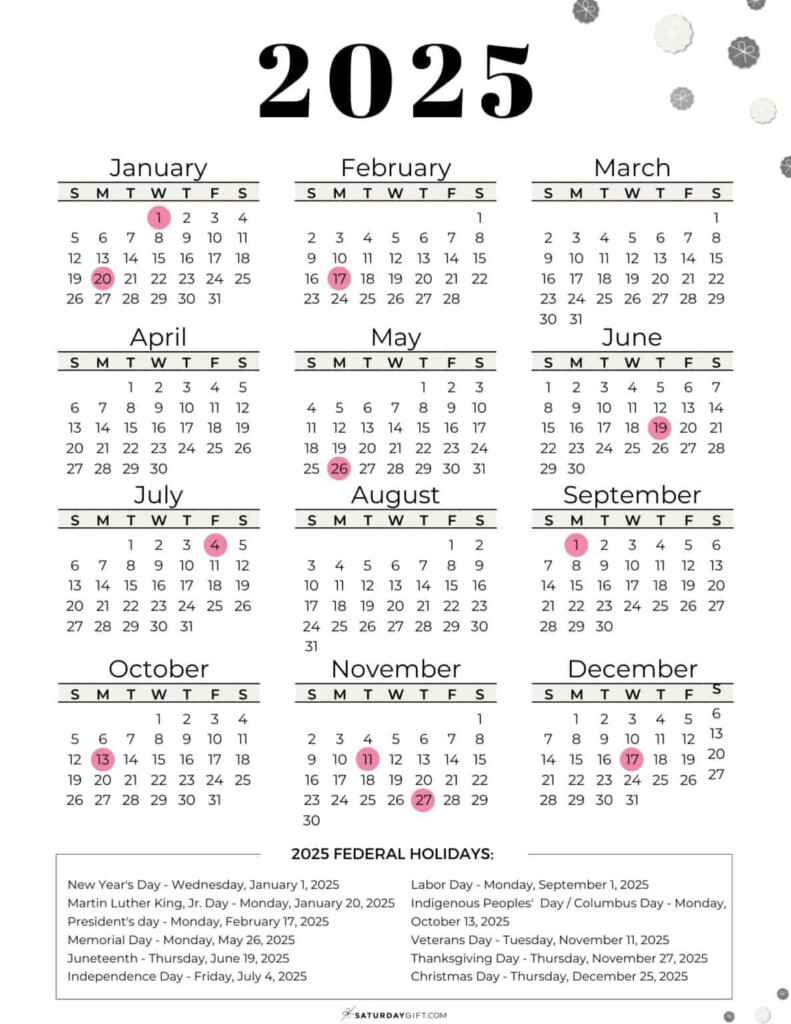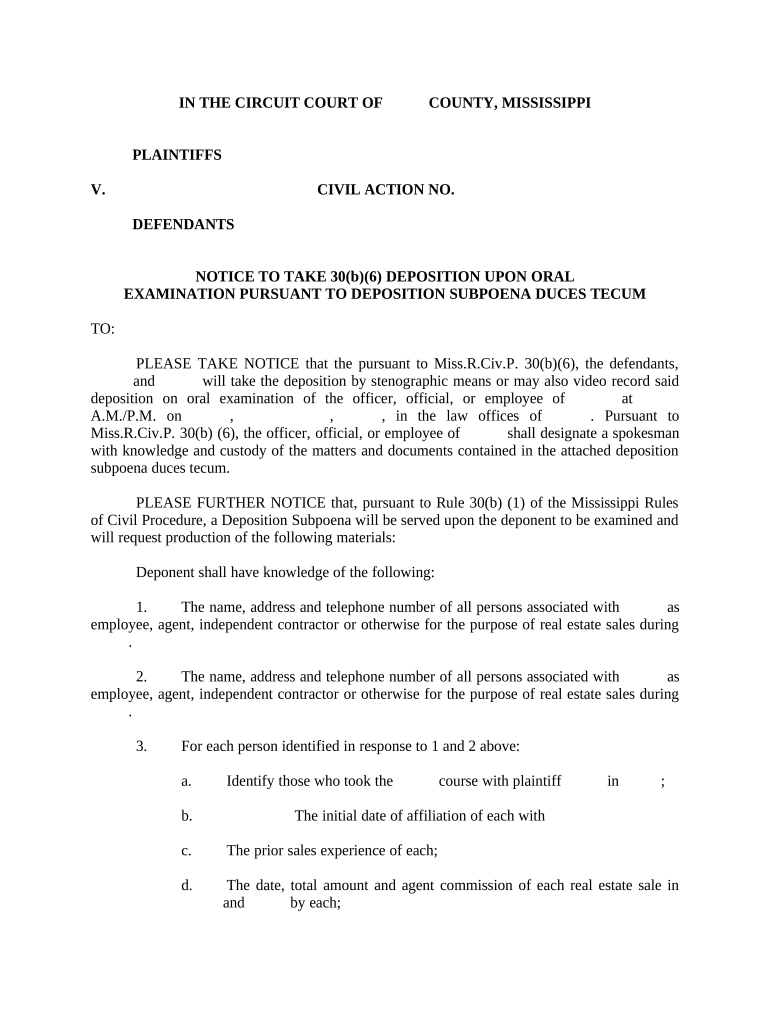Mass Federal Court Calendar – The Federal Court Schedule may sound like just another lawful term, however it’s actually a crucial part of how the lawful system operates in the USA. Without it, the courts would certainly be mayhem– a never-ending shuffle of hearings, target dates, and days that might conveniently fall through the cracks. Allow’s dive into exactly what a Federal Court Schedule is, why it matters, and just how it affects everyone from legal representatives and judges to the average person. Mass Federal Court Calendar.
Understanding the Federal Court System
Prior to we speak about the Federal Court Schedule, it is essential to comprehend what makes government courts various. In the United States, there are both government and state court systems. Federal courts manage situations entailing federal regulation, constitutional concerns, and conflicts in between states or citizens of different states. State courts, on the other hand, concentrate on state regulations and local disputes.
The Federal Court system is comprised of 3 main degrees:
- District Courts: These are the trial courts where instances start.
- Courts of Appeals: If a person loses a instance in area court, they can appeal to this degree.
- The Supreme Court: The highest possible court in the land, handling just one of the most essential and precedent-setting instances.
What is a Federal Court Schedule?
A Federal Court Schedule is basically a schedule that describes the schedule of hearings, trials, and other lawful procedures within the government court system. Consider it like a master routine for all the situations that are being processed at the government degree. This schedule assists judges, lawyers, offenders, and other interested events remain on top of court dates and due dates.
Yet it’s not simply a elegant coordinator! The Federal Court Schedule maintains the legal process arranged by setting days for everything from pre-trial hearings to the final verdict. Without it, situations could be postponed for months, also years, disrupting the whole judicial system.
Trick Parts of a Federal Court Calendar
So, just what does a Federal Court Calendar consist of? Allow’s break down the key components:
- Case Organizing: The schedule shows when details instances will certainly be listened to in court. It includes all the crucial dates, from first hearings to the final verdict or negotiation.
- Hearings, Tests, and Punishing Days: These are the heart of any type of court calendar. Knowing the days of hearings, trials, and sentencing is essential for every person involved.
- Deadlines for Lawful Activities and Filings: Courts have strict due dates for when papers should be submitted. These deadlines are a essential part of the schedule to make certain that everything moves on in a timely way.
Types of Situations Detailed on the Federal Court Calendar
A Federal Court Calendar isn’t limited to one sort of case. It takes care of a vast selection of lawful issues, consisting of:
- Civil Cases: Disputes in between people or companies, such as legal actions for damages or breach of contract.
- Lawbreaker Instances: Instances where the federal government is prosecuting an private or company for going against government law.
- Appeals and Grandfather Clauses: Appeals to choices made in district courts or other special cases, such as constitutional concerns.
Just how to Accessibility the Federal Court Schedule
Accessing the Federal Court Schedule has actually become easier with technology. Several government courts offer online devices where you can check the calendar for upcoming situations. Web Sites like PACER (Public Access to Court Electronic Records) enable you to look for specific cases and see their schedules. Nevertheless, sensitive situations might have restricted public access to protect personal privacy or protection.
Value of Following the Federal Court Calendar
Visualize missing out on an crucial court day– it can result in significant legal repercussions! Legal representatives, judges, and litigants depend greatly on the Federal Court Calendar to make sure they’re gotten ready for hearings and trials. Missing a day might mean a hold-up in justice, extra expenses, or even losing a case entirely.
As an example, if a attorney fails to submit a legal activity by the due date provided on the court schedule, it could harm their client’s instance or lead to fines.
Duty of Technology in Handling Court Calendars
Gone are the days when court schedules were handled totally by hand. Currently, digital court systems help streamline the scheduling process, making it simpler for courts to handle several situations simultaneously.
- Digital Court Solutions: Modern modern technology enables courts to handle complex schedules effectively, making certain that instances move forward smoothly.
- Online Scheduling Devices: These devices make it easier for legal professionals to remain on top of due dates and avoid missing important dates. It resembles having a electronic aide that always remembers!
Challenges in Maintaining the Federal Court Calendar
While modern technology has actually made handling the Federal Court Schedule less complicated, there are still challenges. Federal courts can become overburdened with the large number of cases they manage. Hold-ups and postponements usually toss a wrench into the system, making it hard to stay with the calendar as prepared.
For instance, if one situation is postponed, it may affect numerous other cases that were set up on the same day. Maintaining whatever running smoothly requires continuous adjustments.
How the Federal Court Schedule Impacts the Public
You could not think the Federal Court Schedule impacts you, yet it does! If you’re summoned for court task, your engagement depends upon the court’s timetable. The schedule figures out when and where you’ll require to appear, and it also influences for how long tests last.
Moreover, the Federal Court Calendar provides public accessibility to upcoming court procedures, enabling residents to participate in hearings and tests if they are interested in specific instances.
Conclusion
The Federal Court Calendar is more than simply a routine– it’s the backbone of the government judicial system. From making certain that legal process progress efficiently to aiding everybody entailed remain organized, it plays a vital role in keeping the rule of legislation. Whether you’re a lawyer, a accused, or simply someone curious concerning just how the system functions, comprehending the Federal Court Calendar can give you a more clear picture of the complex operations of justice.
Frequently asked questions
- Just how can I view the Federal Court Schedule for a details case?
- You can see the schedule online via devices like PACER, which enables you to search for situations by name or instance number.
- What happens if a instance is rescheduled on the Federal Court Schedule?
- When a instance is rescheduled, all events entailed are notified, and the brand-new day is posted on the schedule.
- Are all court procedures detailed on the Federal Court Calendar?
- Most are, but delicate instances or those involving nationwide safety and security might have limited public access.
- Exactly how do lawyers monitor Federal Court Schedule updates?
- Attorneys utilize both digital devices and court notifications to remain on top of modifications and updates to the schedule.
- Is the Federal Court Schedule offered for the public?
- Yes, the general public can access the calendar for a lot of cases, though some limitations may use in particular circumstances.


